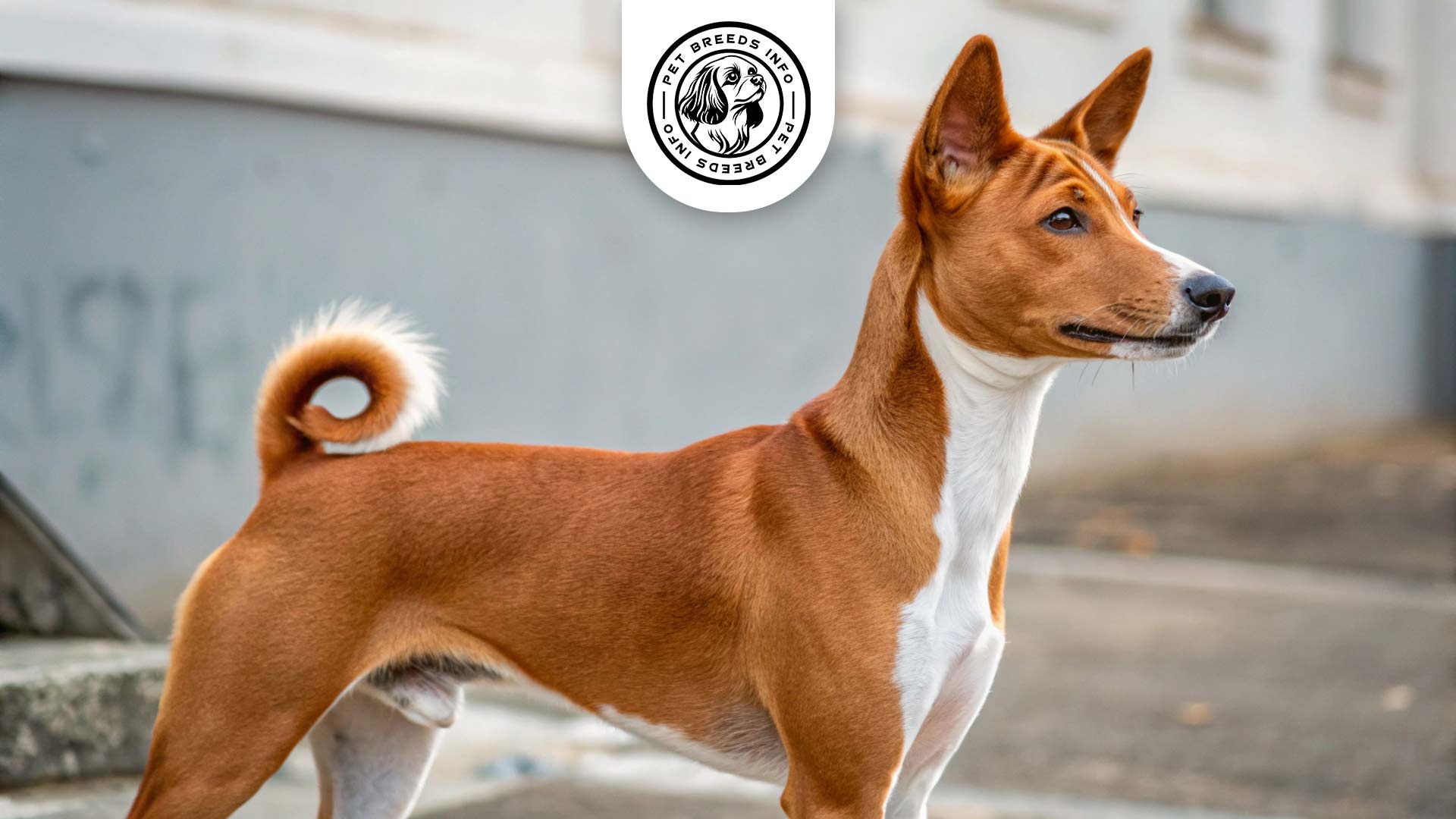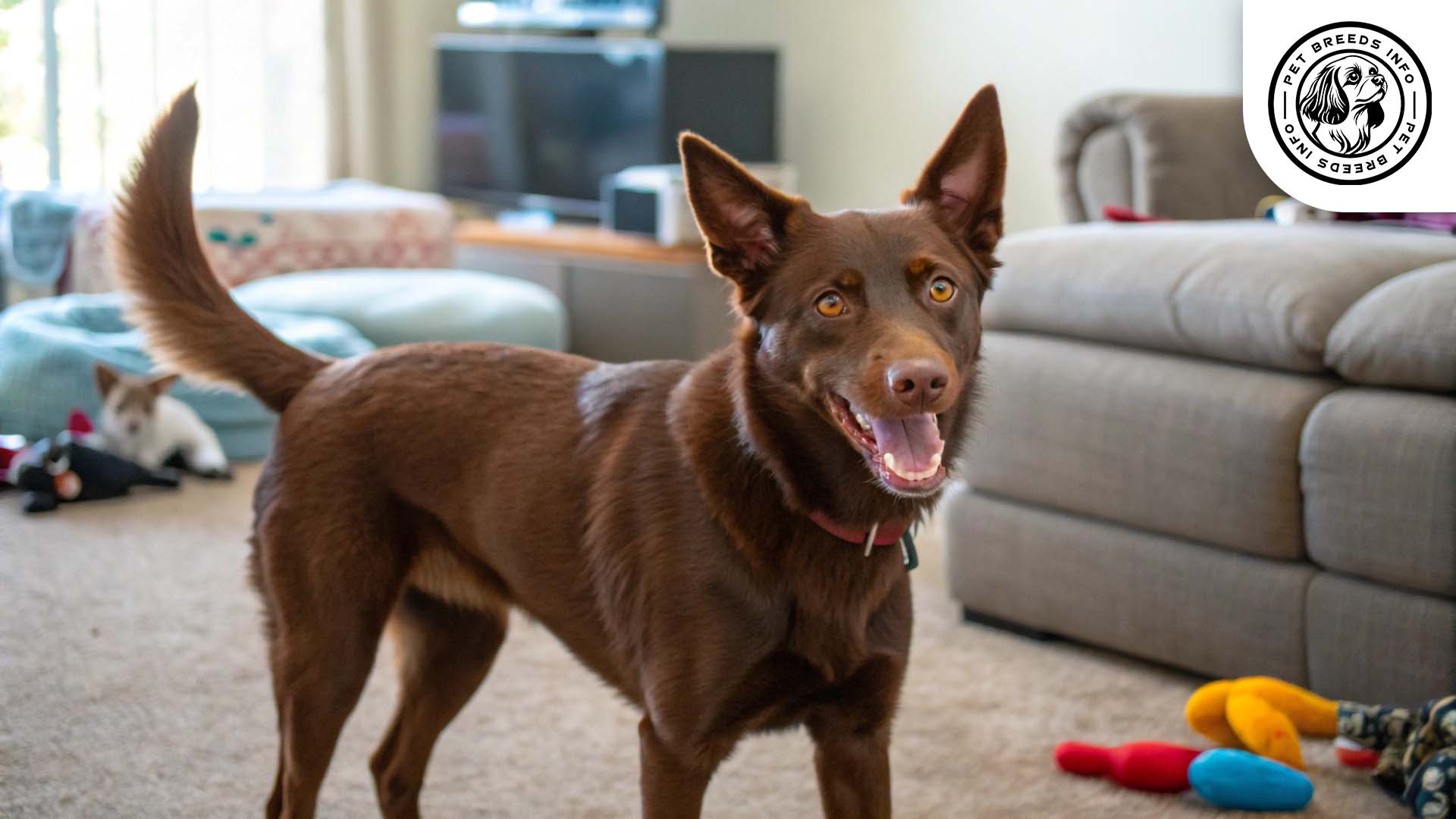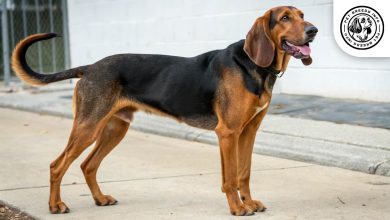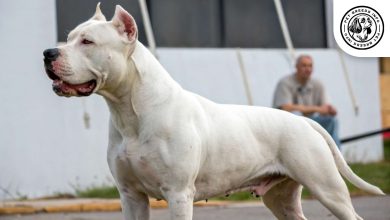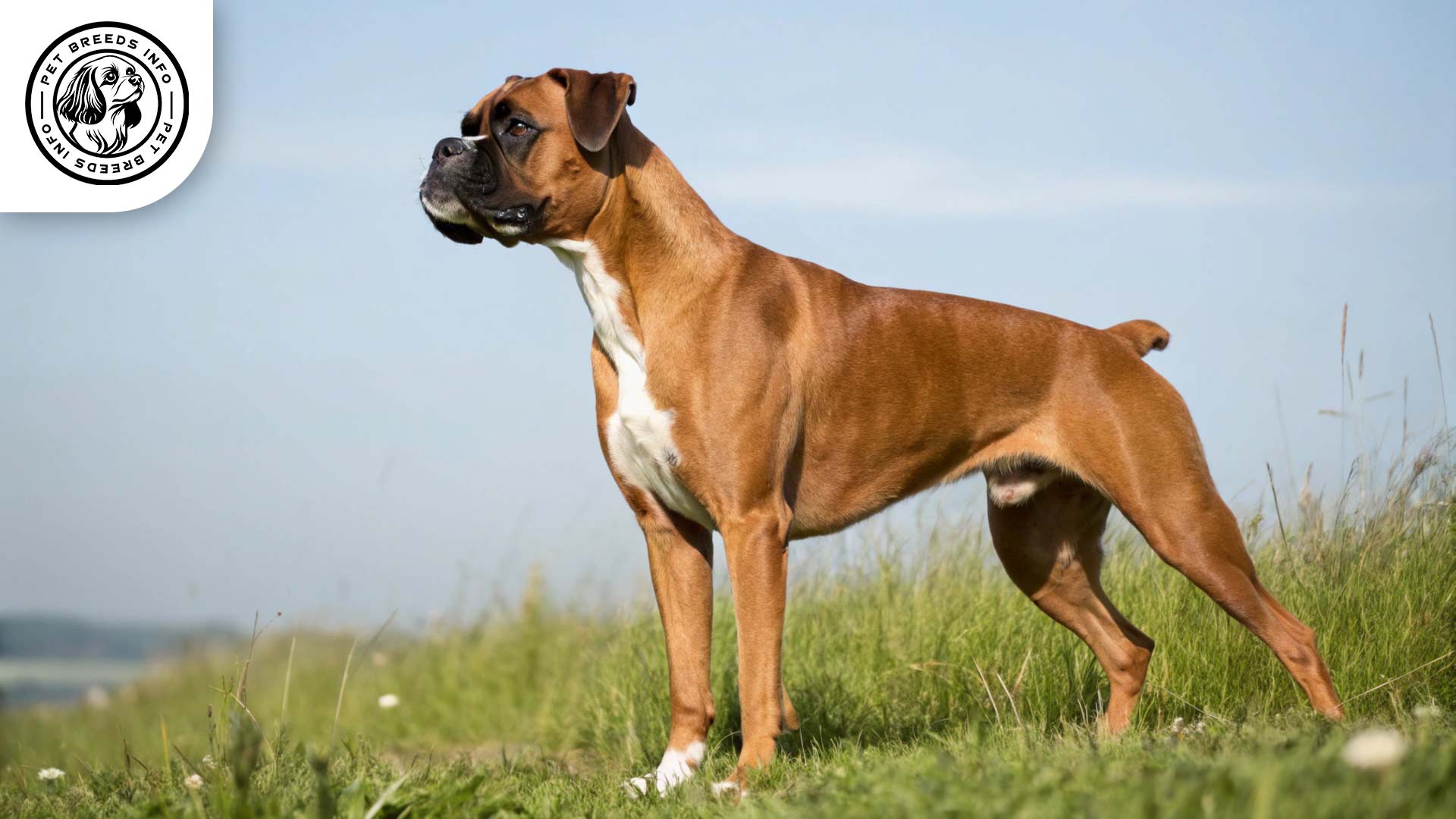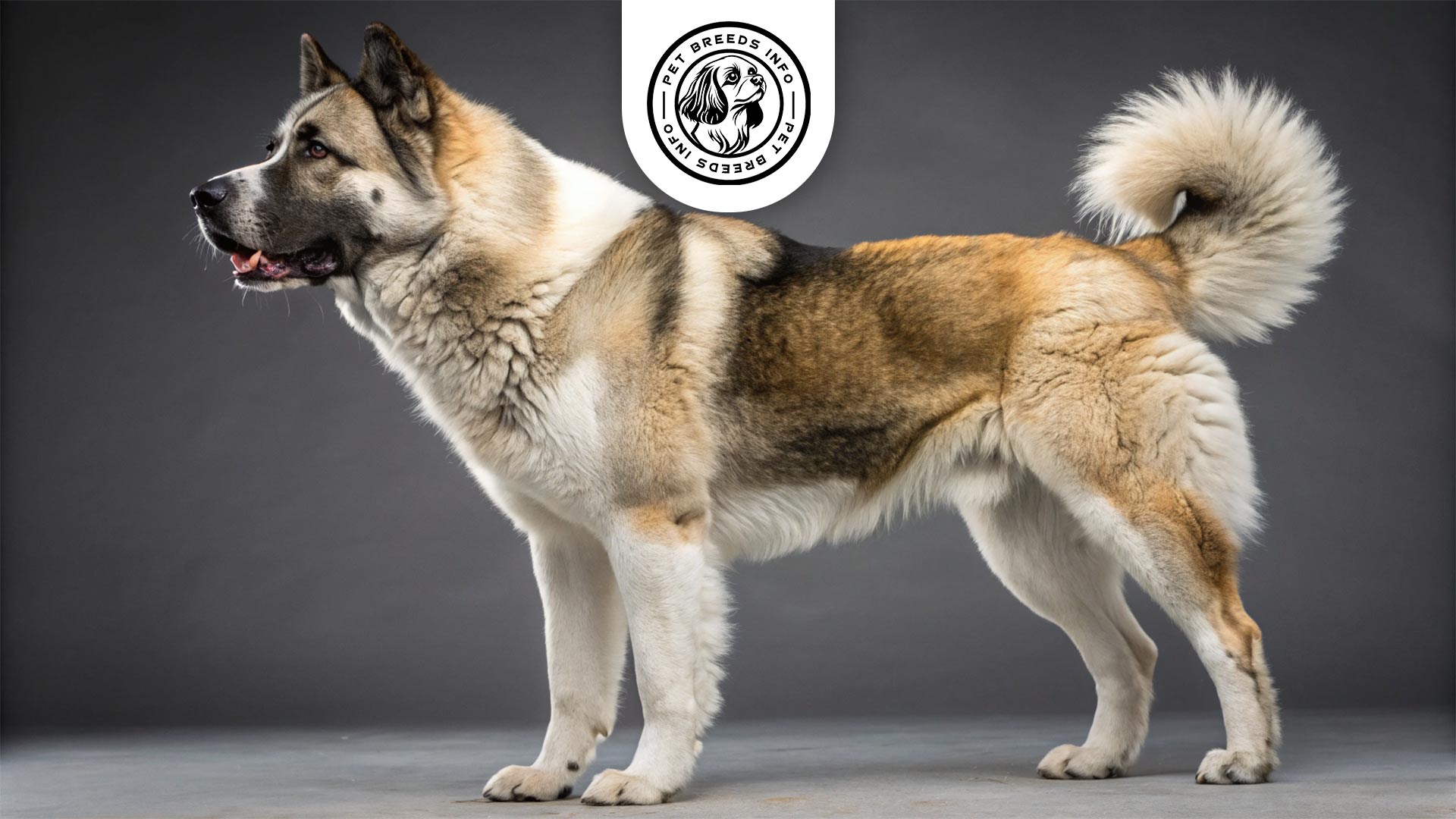Basenji Dog Breed: Size, Health, Price & Personality
General Introduction of the Breed
The Basenji, sometimes referred to as the “Barkless Dog,” is a unique and ancient breed originating from Central Africa, specifically the Democratic Republic of the Congo. It is also known in some regions as the “Congo Dog” or “African Bush Dog.” Historically, the Basenji was bred for hunting in dense forest terrain, using both sight and scent to track and drive game toward hunters.
Table of Contents
| Color | Red and white, black and white, brindle and white, tricolor (black, tan, and white) |
| Weight | Males: 22-26 lbs (10-12 kg); Females: 20-24 lbs (9-11 kg) |
| Lifespan | 12-16 years |
| Diet | High-quality dry kibble, wet food, raw diet, or home-cooked meals; two meals per day |
| Care | Regular exercise, occasional brushing, bathing as needed, nail trimming, ear cleaning, dental care |
| Health | Prone to Fanconi syndrome, PRA, hip dysplasia, hypothyroidism, and digestive sensitivities |
| Nature | Intelligent, independent, curious, affectionate with family, reserved with strangers, high energy |
| Price | $1,000 – $2,000 (from reputable breeder) |
Physical Characteristics
The Basenji is a small to medium-sized breed with a well-balanced and athletic build. Males typically stand about 16 to 17 inches (41 to 43 cm) tall and weigh between 22 to 26 pounds (10 to 12 kg). Females are slightly smaller, standing about 15 to 16 inches (38 to 41 cm) tall and weighing around 20 to 24 pounds (9 to 11 kg).
The breed has a short, fine coat that comes in various colors, including red and white, black and white, brindle and white, and tricolor (black, tan, and white). Their almond-shaped eyes are dark brown and give them an alert, intelligent expression. The Basenji’s ears are pointed, erect, and set high on the head. One of their most distinctive features is their tightly curled tail, which rests over their back. Additionally, they have wrinkled skin on their forehead, especially when they are alert.
Read More: Anatolian Shepherd Dog
Personality and Temperament
The Basenji is an intelligent and independent breed with a strong curiosity. Although they are highly trainable, they can sometimes be stubborn, requiring patient and consistent training. They have a high energy level and need regular physical and mental stimulation to stay happy and well-behaved.
This breed forms strong bonds with its owners but also has an independent streak. Basenjis tend to be affectionate with their families but can be reserved with strangers. They are generally good with children when properly socialized, though supervision is recommended with younger kids.
Due to their hunting instincts, they may not always get along with smaller pets such as rodents or birds. While some Basenjis coexist well with other dogs, they may show dominance or aloofness toward unfamiliar dogs. They are also highly sensitive to changes in their environment and routine.
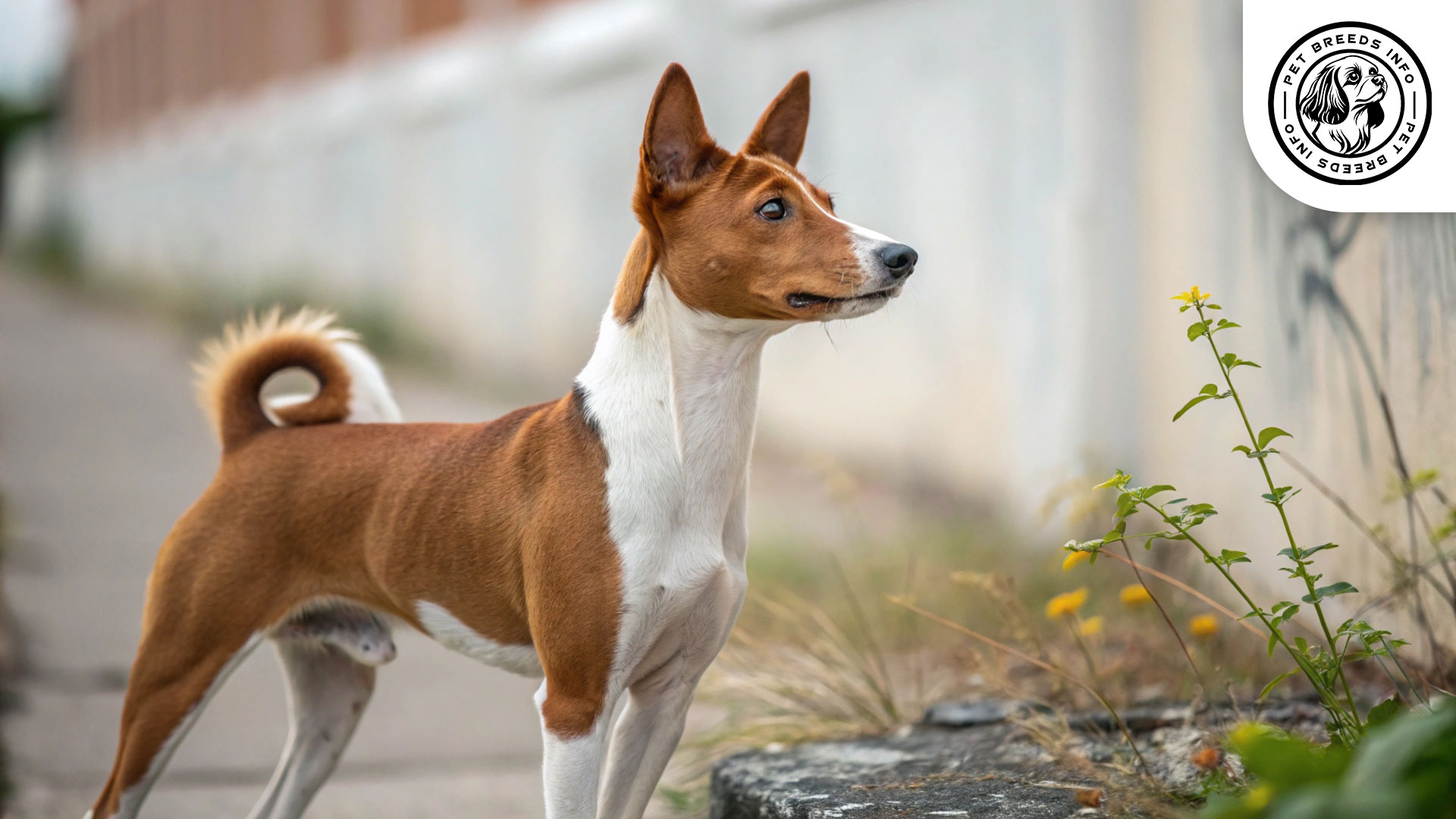
Care and Maintenance Requirements
Basenjis require regular exercise to stay happy and healthy. Daily walks, playtime, and mental stimulation such as puzzle toys or scent games help keep them engaged. Due to their high energy levels, they do best in homes with access to a secure backyard, but they can adapt to apartment living if exercised sufficiently.
The breed’s short coat is low-maintenance and requires occasional brushing to remove loose hair. Basenjis are known for their cat-like grooming habits and minimal shedding. They are sensitive to extreme cold and may need a sweater or coat in colder climates. Since they dislike water, bathing should be done only when necessary. Regular nail trimming, ear cleaning, and dental care are essential for their health.
Diet and Nutrition
Basenjis thrive on a balanced diet of high-quality dry kibble, wet food, a raw diet, or carefully prepared home-cooked meals. Foods rich in lean proteins, healthy fats, and vitamins are ideal. They may have sensitive stomachs, so a gradual change in diet is recommended.
Owners should avoid feeding Basenjis chocolate, grapes, onions, garlic, and fatty or processed foods. Typically, they should receive two well-portioned meals per day, with meal sizes adjusted according to their activity level and age.
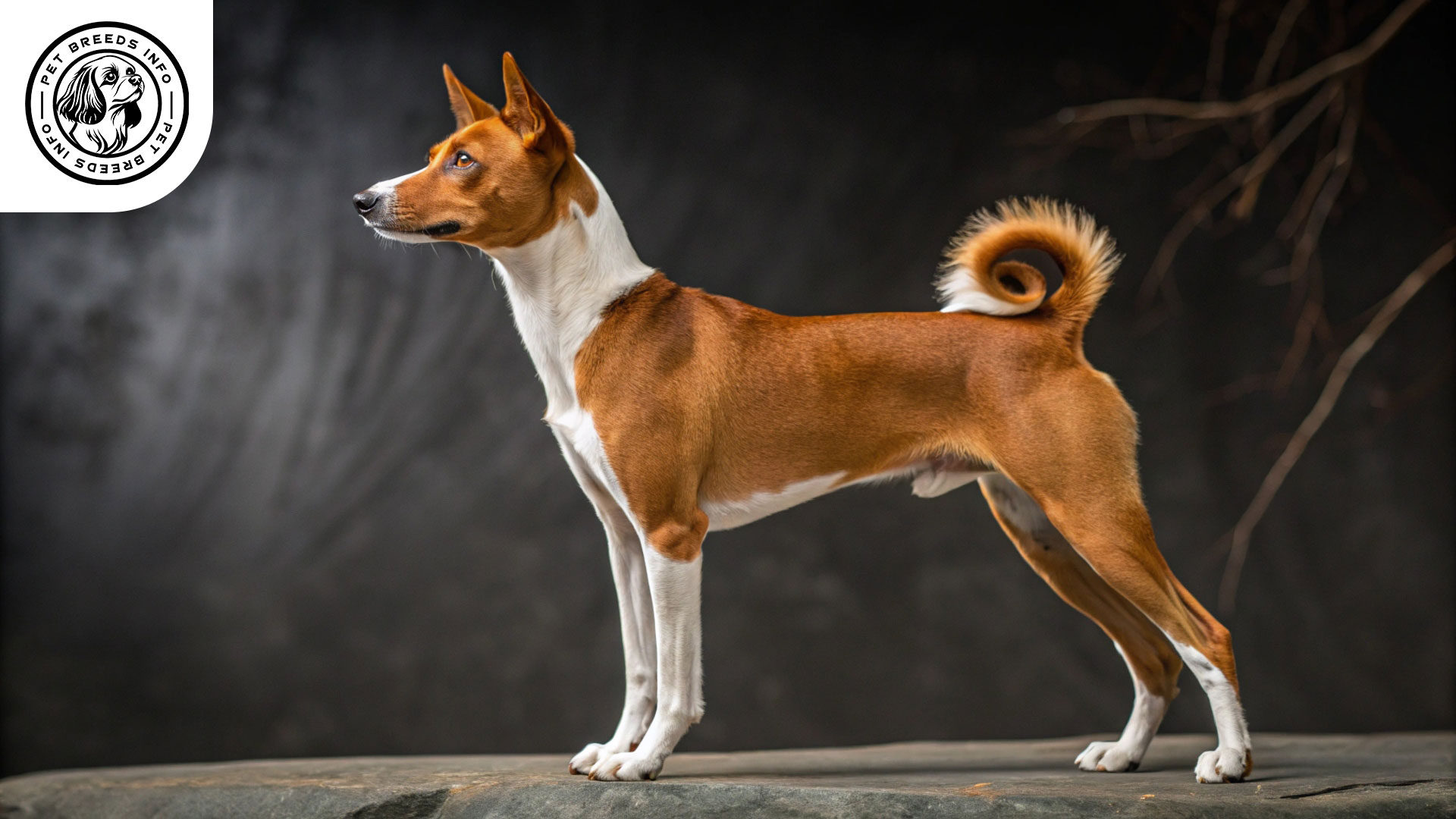
Health and Common Medical Issues
Basenjis are generally a healthy breed but can be prone to certain hereditary medical conditions. Common health issues include Fanconi syndrome, progressive retinal atrophy (PRA), hip dysplasia, and hypothyroidism. They may also be prone to intestinal and digestive sensitivities.
The breed has an average lifespan of 12 to 16 years. Routine veterinary check-ups, vaccinations, parasite prevention, and a well-balanced diet help maintain good health. Genetic testing and responsible breeding practices can reduce the risk of hereditary conditions.
Read More: American Pit Bull Terrier Dog
Training and Behavior Management
Training a Basenji can be challenging due to their independent nature. While they are intelligent and capable learners, they often prefer to do things on their own terms. Positive reinforcement training with treats, praise, and patience is the best approach.
Early socialization is essential to prevent timid or aloof behavior in adulthood. Basic obedience training, crate training, and leash training are highly recommended. Since they are natural escape artists, training them to respond to recall commands can be difficult, making a secure yard or leash necessary.
Interaction with Other Animals and Humans
The Basenji is affectionate with its family but may be reserved with strangers. They can do well with older children who understand dog behavior but may not be ideal for very young kids due to their energetic nature.
They may show dominance toward other dogs and have a strong prey drive, making them unsuitable for homes with small pets like rabbits or hamsters. While some Basenjis do well in multi-pet households, early socialization is key. They are best suited for active individuals, couples, or families who can provide attention and structured training.
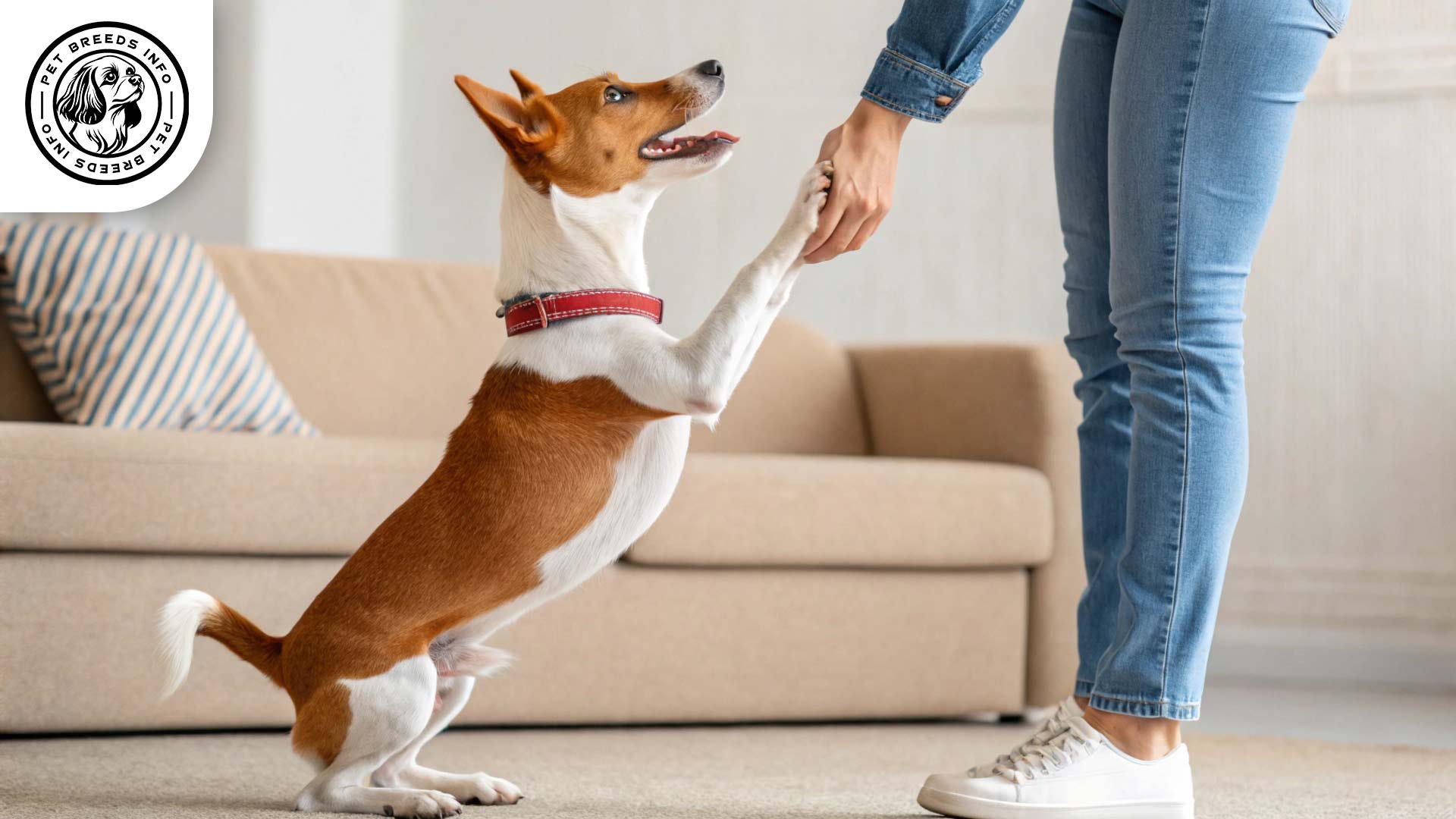
Price and Availability
The cost of purchasing a Basenji from a reputable breeder typically ranges from $1,000 to $2,000, depending on lineage and location. Adopting from a rescue or shelter may be more affordable.
Potential owners should ensure that breeders conduct health screenings and genetic testing. It is advisable to seek well-respected breeders or look for adoption organizations specializing in Basenjis.
Read More: American Staffordshire Terrier
Conclusion and Final Thoughts
The Basenji is a distinctive, intelligent, and independent breed suited for owners who appreciate an active and attentive companion. While they are affectionate with their families, their independent nature means they require patient and consistent training.
They thrive in homes that can provide proper exercise and mental stimulation while also being mindful of their strong prey drive. Their low-maintenance grooming and clean habits make them appealing to owners seeking a relatively self-sufficient dog.
Prospective owners should consider the breed’s unique temperament and training challenges before making a decision. The Basenji is best suited for experienced dog owners who can provide the structure, exercise, and companionship they need to thrive.
FAQ
Are Basenjis truly “barkless” dogs?
While often called “barkless,” Basenjis do make sounds. They produce a unique yodel-like sound known as a “baroo.” So, they don’t bark in the traditional sense, but they are not silent.
Are Basenjis good with children and other pets?
Basenjis can be good with older children when properly socialized. However, due to their strong prey drive, they may not be suitable for homes with small pets like rodents or birds. They can also be dominant towards other dogs.
What are the common health issues in Basenjis?
Basenjis are prone to certain hereditary conditions, including Fanconi syndrome, progressive retinal atrophy (PRA), hip dysplasia, and hypothyroidism. They may also have sensitive stomachs.
How much exercise do Basenjis need?
Basenjis are high-energy dogs and require regular exercise, including daily walks, playtime, and mental stimulation. They thrive in homes with access to a secure backyard.
Are Basenjis easy to train?
Basenjis are intelligent but independent, which can make training challenging. They require patient and consistent training using positive reinforcement methods.
